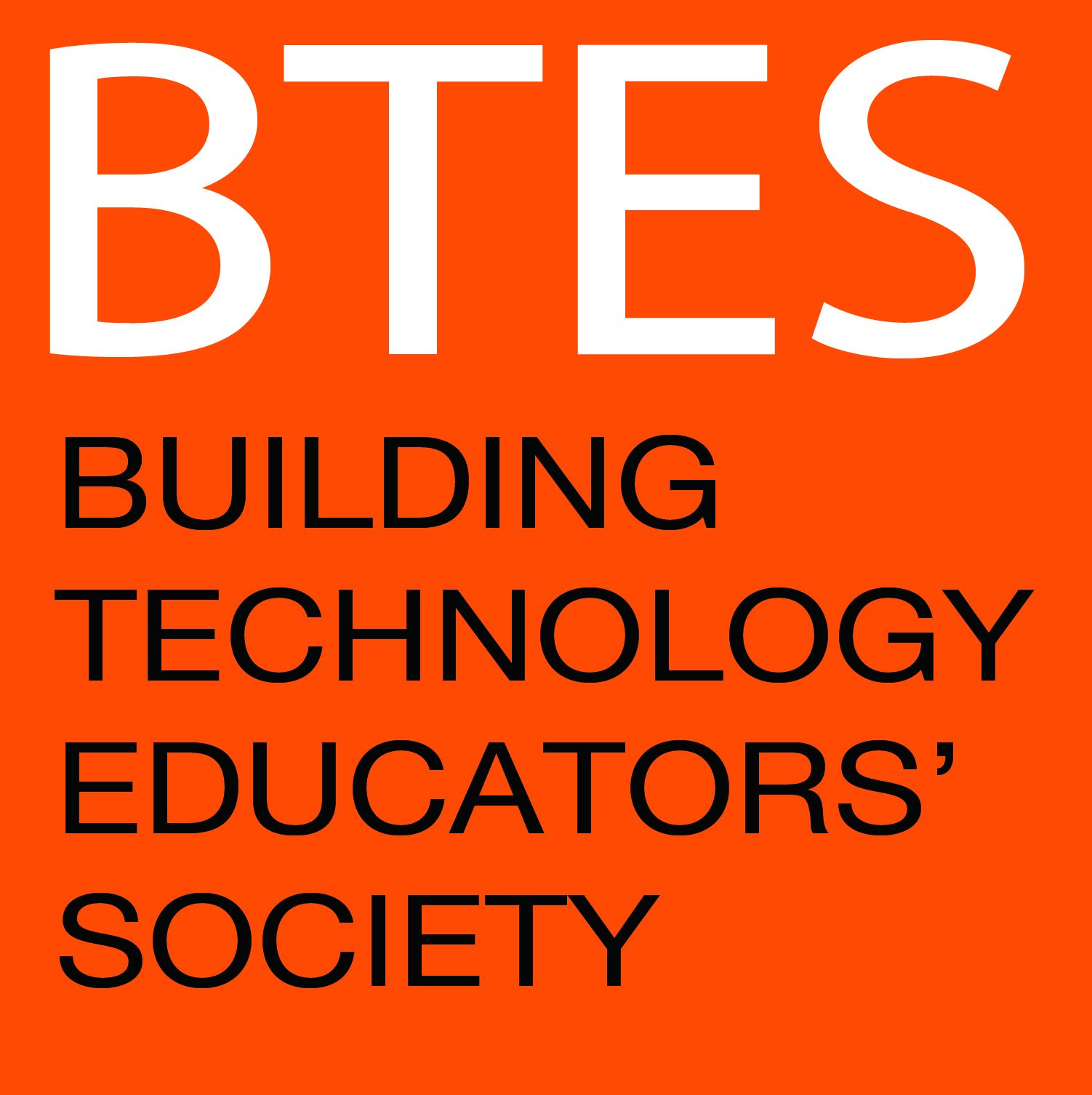The BTES 2017 Conference June 8 - 10, 2017 Des Moines, Iowa
Organizers
Shelby Doyle, AIA, LEED AP, Assistant Professor in Architecture and Daniel J. Huberty Faculty Fellow, Iowa State University
Tom Leslie, AIA, Pickard Chilton Professor in Architecture and Director of Graduate Education, Iowa State University
Rob Whitehead, AIA, LEED AP, Assistant Professor in Architecture, Iowa State University
2017 BTES Conference Home Page
“Talk is cheap and easy; making dreams real takes hard, humble work. Dreams in the Midwest are acceptable, just keep them to yourself. Maybe tell your family, but don’t just talk—do something about it.” Peter Jenkins, Looking for Alaska
Iowa opened to European-American settlers in 1834, and ever since it has been a place where Americans have held a tenuous grip on the land and against a climate that resists occupation. Its soil produces grain for the entire continent; its legendary work ethic has fueled generations of farmers but also writers, poets, musicians, and astronomers. It is a place that takes the real world seriously, but that has also raised the products of such engagement to poetic levels; the novels of Marilynne Robinson, the music of Greg Brown, and the paintings of Grant Wood all speak to this possibility among the sublime landscapes of our state. But it is also a place of technological engagement and advancement: Iowa State can make a legitimate claim to be the birthplace of digital computing, a legacy reflected in its investment in fabrication and analysis initiatives today.
BTES’ first meeting in the Midwest offers an opportunity to ask how building can address both practical and poetic desires. The ‘hard, humble work’ of constructing in an indifferent environment can balance our needs with what that environment has to offer while touching our deeper sensibilities. Indeed, cognitive science has produced evidence suggesting that beauty, in the words of Denis Dutton, is “nature’s way of acting at a distance,” an instinctive preference for objects, landscapes, and sustenance that can leverage our relations with the world.
How do the pragmatics and the poetics of building coincide? How do they resist, challenge, or provoke one another? How do buildings and the ways in which we build bridge realms of material performance and aesthetics? And how does a new generation of tools collide with, enhance, or critique these traditions? We seek papers on a broad range of topics that address how and why we build, that examine technology and techne in the contexts of function, beauty, and poetics, and that reveal these links both in contemporary practice and throughout history. Papers that address Midwestern traditions are particularly welcome, but we seek a broad mix of geographical, conceptual, and disciplinary approaches.
